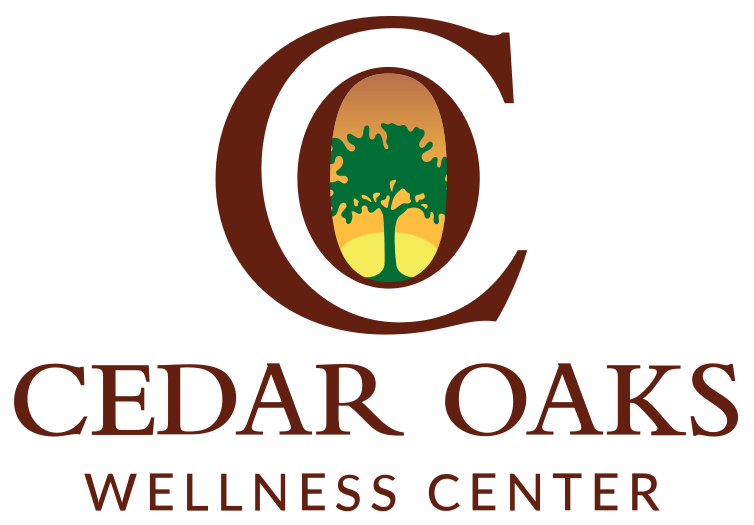Relapse Prevention Techniques for Drug and Alcohol Addiction
Addiction is as complicated as recovery. That’s why you must be patient when recovering from substance abuse. Addiction recovery is personal growth, but you can be at risk of relapsing at any stage. The National Institute on Drug Abuse revealed that 60% of patients in recovery relapse after the first year. The percentage gets smaller as the individual stays longer in sobriety. Factors like boredom and anger trigger the relapse. As a result, learning relapse prevention skills is necessary.
Most rehab centers enlighten patients on relapse prevention skills to help them maintain long-term sobriety. There are several relapse prevention for drug and alcohol addiction techniques that patients can incorporate into their daily life to reduce cravings.
Cedar Oaks Wellness Center is a drug detox center in Cincinnati. Contact us today
Why Incorporate Relapse Prevention for Drug and Alcohol Addiction Techniques?
Recovery is a long-term process; that heightens the chances of a relapse. The environment is a colossal trigger that could force you into addiction again. This only prolongs the recovery process.
With relapse prevention skills, you can subdue these triggers before they cause havoc and live your everyday life in recovery. Common relapse triggers include;
- Anger
- Stress
- Specific locations
- Particular smells
- Sights
- Boredom
- Loneliness
- Financial issues
- Relationship problems
- Employment
Knowing your triggers is the first step to avoiding a relapse. From there, you can employ coping techniques. Relapse is part of recovery, so no one should feel afraid if they fall into addiction. For many, relapse only strengthens their recovery.
Common Relapse Prevention for Drug and Alcohol Addiction Techniques
Possessing some relapse prevention skills can help you maintain long-term sobriety. The following techniques can help prevent relapses:
Practice Self-Care
Taking sufficient care of yourself will reduce the vulnerability to using. Health experts revealed that sleeplessness and tiredness are common post-acute withdrawal symptoms and are triggers for relapse. By physically exercising and eating a balanced diet, you can improve endurance and quality of sleep. Set a structured timetable that includes exercising, sleeping, and eating. Doing this will help to minimize the risk of relapse. Nutrition therapy can help.
H-A-L-T
HALT is different from what you traditionally know. It stands for Hungry, Angry, Lonely, and Tired. These are common symptoms that many individuals recovering from substance use disorder experience. When you crave to use, take an inventory of yourself. Are you experiencing any of the symptoms above? If the answer is obvious, you can condition yourself to prevent relapsing.
Practice Mindfulness Meditation
Mindfulness meditation helps people stay conscious of their surroundings and remain present. When we are self-conscious, we can cope with relapse triggers. According to National Center for Biotechnology Information, those who engage in mindfulness meditation stay sober for an extended period and have fewer cravings than those who don’t.
Mindfulness meditation encourages participants to accept their cravings without judgment instead of fighting them. Through acceptance, you can develop coping skills. To be more mindful, notice everything you do without judgment, including your feelings and thinking patterns. You can write them down for tracking purposes. It will empower you to overcome cravings.
Become a Member of a Support Group
Building a support system of healthy persons around you can make you more accountable. Plus, they can guide you during trying times. Furthermore, they provide more insight to help you understand your plight, which can be crucial to your recovery. This is what support groups offer. Examples of support groups are SMART Recovery, Alcoholics Anonymous, and Narcotics Anonymous.
Use the 5-4-3-2-1 Technique
This method may sound odd, but it is effective against relapse. Also called the grounding technique, 5-4-3-2-1 allows you to explore the five senses to focus on the present. In turn, it shuts off the thought of using and taking alcohol.
5-4-3-2-1 begins by taking a few deep breaths and recognizing the following things around you in order;
- The five things you see presently.
- The four things you can touch.
- The three things you can hear.
- The two things you can smell.
- The one thing you can taste.
Close your eyes and breathe deeply for some seconds afterward. Focusing on your senses can help you to become more self-conscious and eliminate unhealthy behaviors that could trigger using.
Have an Emergency Contact
It is challenging to manage an urge, especially at the start of recovery. An effective prevention strategy is creating an emergency contact list of friends in recovery or a healthy loved one. Talking to such a person can help you overcome the craving.
Cedar Oaks Wellness Center Can Help You Implement Coping Skills
Fearing relapse can make you feeble, but you don’t have to feel that way if you have a kit of coping skills. Implementing these strategies into your routine can tremendously reduce relapse. If you need help with implementing these relapse prevention for drug and alcohol addiction techniques, Cedar Oaks Wellness Center is here.
We focus on helping people in recovery maintain sobriety. To achieve this, we teach them relapse prevention skills. Contact us today to learn more about our Cincinnati drug and alcohol rehab center.


